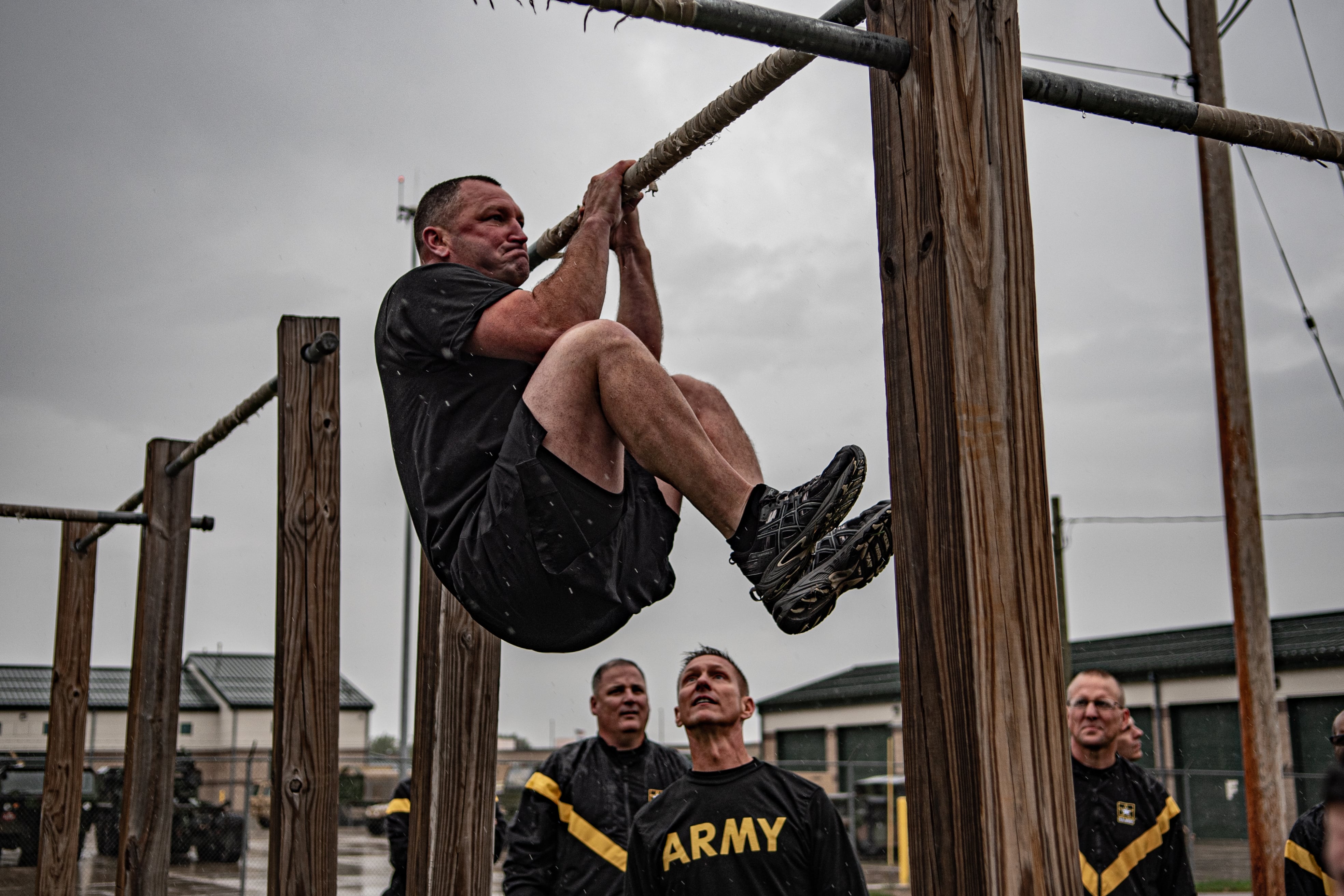The new Army Combat Fitness Test officially became the service’s test of record this past October, but lawmakers are poised to hold off any further implementation, pending an independent study to determine how it will impact deployed soldiers, recruiting and retention.
The six-event ACFT has long caused concerns that its stricter requirements could force troops out of the service, take an inordinate amount of time to prepare for and require a burdensome amount of equipment to execute, especially in forward deployed areas.
If the 2021 National Defense Authorization Act passes in its current form, a provision in the law will require an independent study to determine the “extent, if any, to which the test would adversely impact” soldiers “stationed or deployed” to areas that make it difficult to conduct “outdoor physical training on a frequent or sustained basis,” the defense bill reads.
RELATED

The provision also asks for the study to determine whether the ACFT “would affect recruitment and retention in critical support military occupational specialties … such as medical personnel.”
As it currently stands, soldiers’ scores aren’t expected to count for the record until March 2022.
Army officials declined to comment on the pending legislation and what it might mean for soldiers, saying that they are restricted by policy from discussing congressional movements like this provision.
The ACFT is a noticeably more difficult test than that which it replaces, with higher failure rates recorded among women. The increased difficultly is often attributed to the ACFT’s emphasis on core and upper body strength through exercises like the deadlift and hanging leg-tuck.
A letter penned by two Democratic senators this fall stated that Army data shows “a consistent” 65 percent failure rate for women and 10 percent failure rate for men. The letter cited a University of Iowa study that showed eliminating the leg-tuck would significantly reduce failure rates.
Kyle Rempfer was an editor and reporter who has covered combat operations, criminal cases, foreign military assistance and training accidents. Before entering journalism, Kyle served in U.S. Air Force Special Tactics and deployed in 2014 to Paktika Province, Afghanistan, and Baghdad, Iraq.




